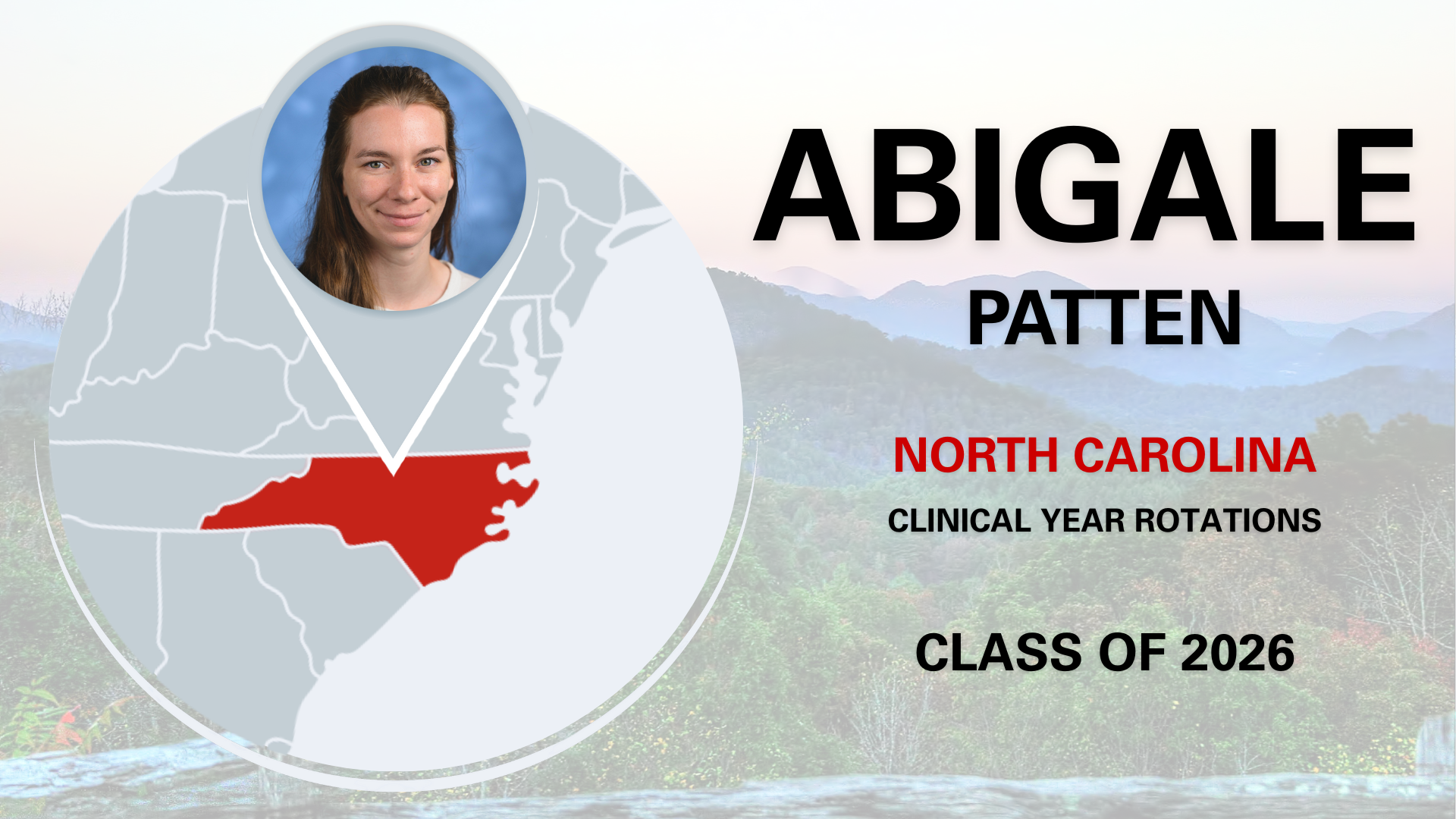Veterinary Medicine Milestones: A Year of Research Breakthroughs
With work that advanced our understanding of dementia, microbiomes and protecting lungs from COVID-19, internationally recognized interdisciplinary research teams at the NC State College of Veterinary Medicine continued making great strides in improving animal and human health throughout 2023.
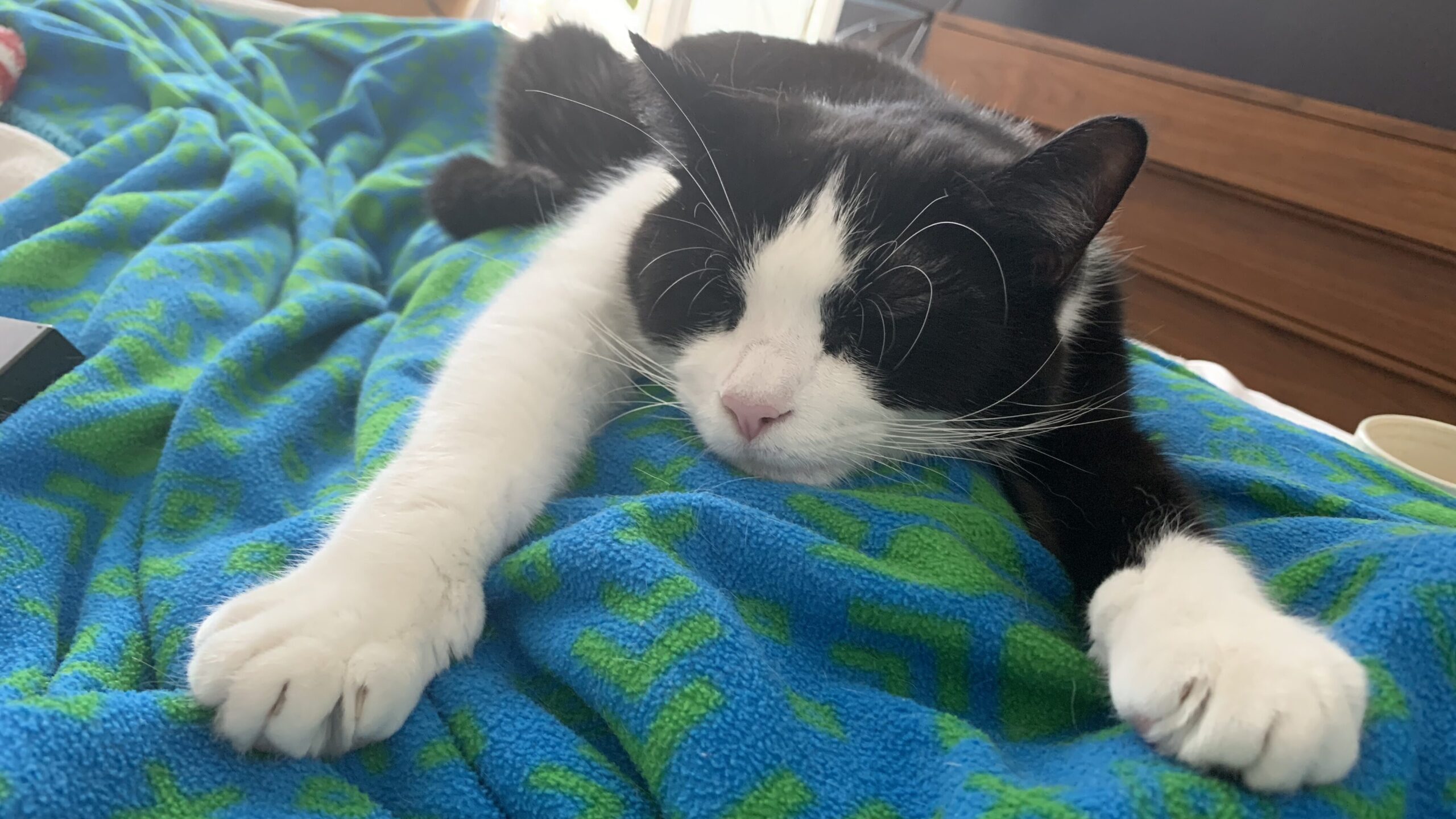
CYSTITIS REMEDY
How low-dose radiation therapy provides jaw-dropping success
A study of whether low-dose radiation therapy could relieve symptoms of Feline Idiopathic Cystitis was so successful that clinicians almost immediately began offering the treatment to cats at the NC State Veterinary Hospital. Dr. Allison Kendall and Dr. Michael Nolan say every cat in the study showed improvement, with most never having another episode of cystitis. Archer Seaman, pictured, was the first cat treated in 2021, and he’s been a happy and healthy boy for two years.
DEMENTIA
How slow gaits translate to declining minds
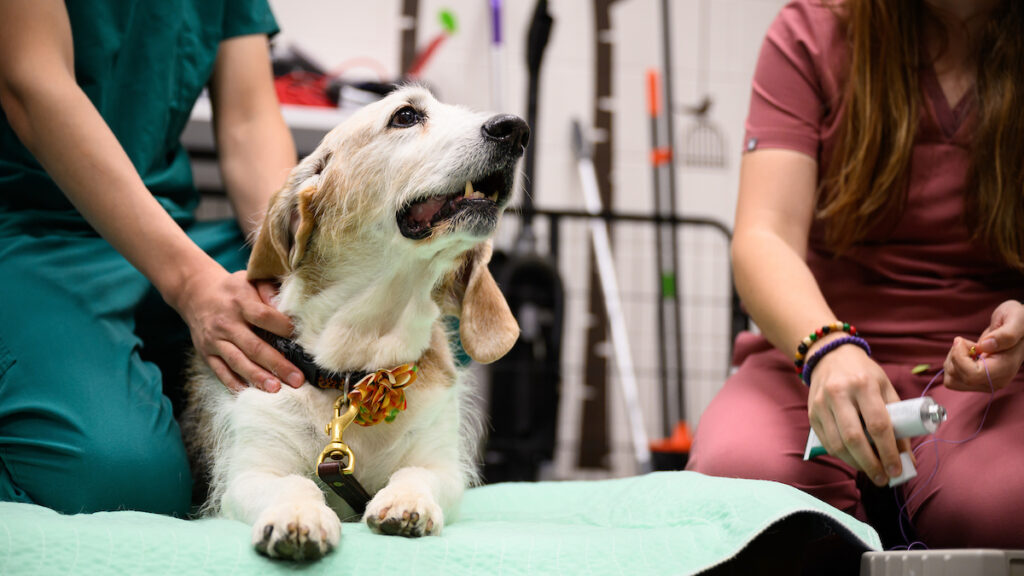
Dogs who slow down physically also slow down mentally, according to a new study from North Carolina State University. Measuring gait speed in senior dogs could be a simple way to monitor their health and to document decline in their neurological function as they age.“Walking speed in people is strongly associated with cognitive decline,” says Natasha Olby, Dr. Kady M. Gjessing and Rahna M. Davidson Distinguished Chair in Gerontology at NC State and corresponding author of the study. “We hypothesized that the same might be true in dogs.”
PROBIOTICS
How ‘designer’ enzymes can protect against disease
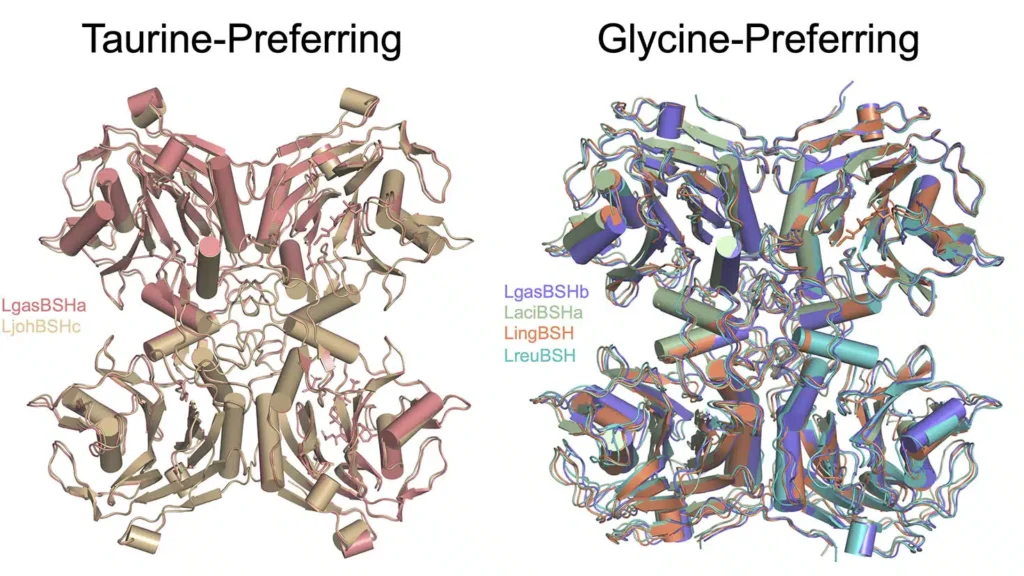
Not all probiotics are created equal. In a new study, researchers found that certain enzymes within a class known as bile salt hydrolases (BSHs) can restrict Clostridioides difficile (C. diff.) colonization by both altering existing bile acids and by creating a new class of bile acids within the gut’s microbial environment. The work could lead to “designer” probiotics that protect against disease by introducing specific BSHs to the gut after antibiotic treatment. Selecting the right suite of BSH-producing bacteria is critical, because the study found that interactions between BSHs and bile acids differ depending upon the type of bacteria the BSHs come from.
news.ncsu.edu/2023/03/the-right-cocktail-of-gut-enzymes-can-stop-c-diff-in-its-tracks/
PROTECTING LUNGS
How using an inhalable powder reduces infection

Researchers led by Professor Ke Cheng developed an inhalable powder that could protect lungs and airways from viral invasion by reinforcing the body’s own mucosal layer. The powder, called Spherical Hydrogel Inhalation for Enhanced Lung Defense, or SHIELD, reduced infection in both mouse and non-human primate models over a 24-hour period and can be taken repeatedly without affecting normal lung function. Patent pending.
news.ncsu.edu/2023/02/inhalable-shield-protects-lungs-against-covid-19-flu-viruses/
GENETIC CLUES
How analyzing DNA from parchment reveals aspects of medieval life
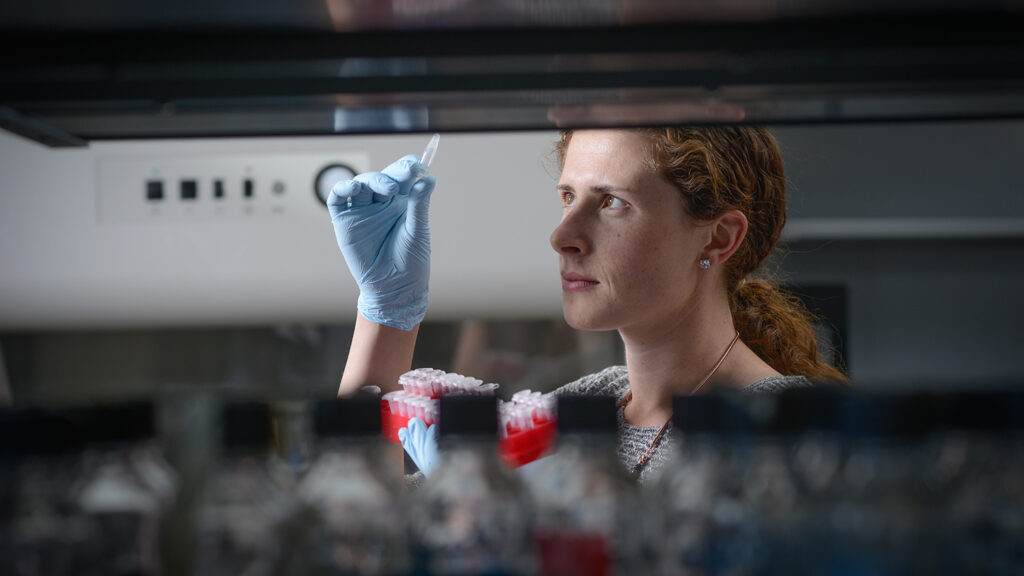
Since early 2021, an intercollege, interdisciplinary team of NC State researchers has been using modern scientific techniques to mine genetic clues from old manuscripts. In doing so, they are uncovering traces of the past hidden in the books and shaping future scholarship.
The team, supported by $25,000 in Research and Innovation Seed Funding (RISF) from the university, has analyzed DNA from 91 parchment manuscripts in a collaborative project that links the humanities and the sciences. The researchers said the biological data collected reveals the species of the animal skins used to make the parchment and offers insights into aspects of medieval life — from animal husbandry, agricultural history and economics to book production and more.
chass.ncsu.edu/news/2023/03/20/leafing-through-history/
MICROBIOME MAGIC
How interdisciplinary research leads to important discoveries
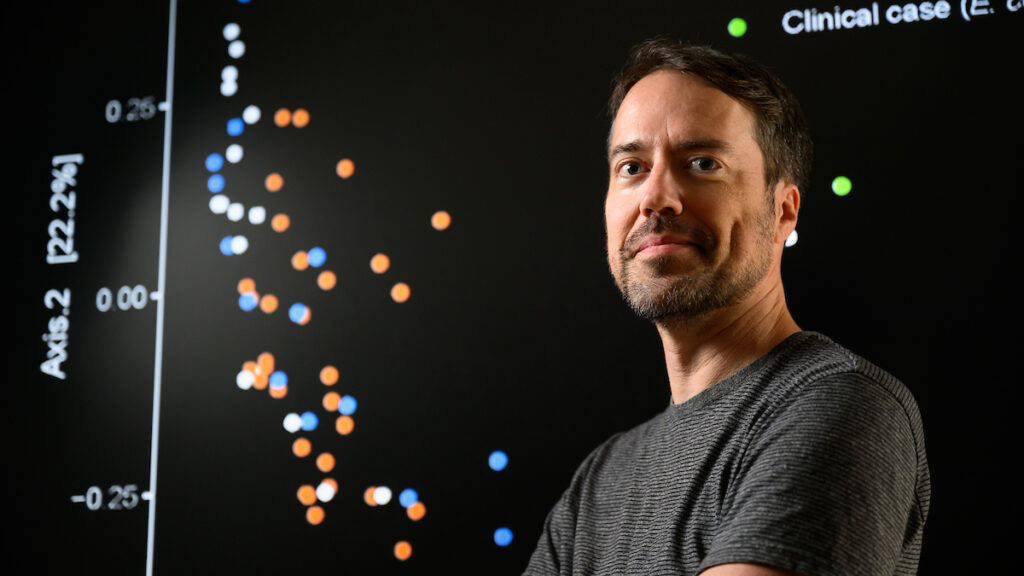
Two internists showed that a cat’s gallbladder doesn’t have its own microbiome, an important discovery for treating a common inflammatory disease. But they couldn’t have done it without a third professor, an expert in bioinformatics who was brought to NC State as part of a cluster hire. Science these days is a team sport.
STOPPING INFECTIONS
How studying unclean vehicles could lead to fewer swine outbreaks
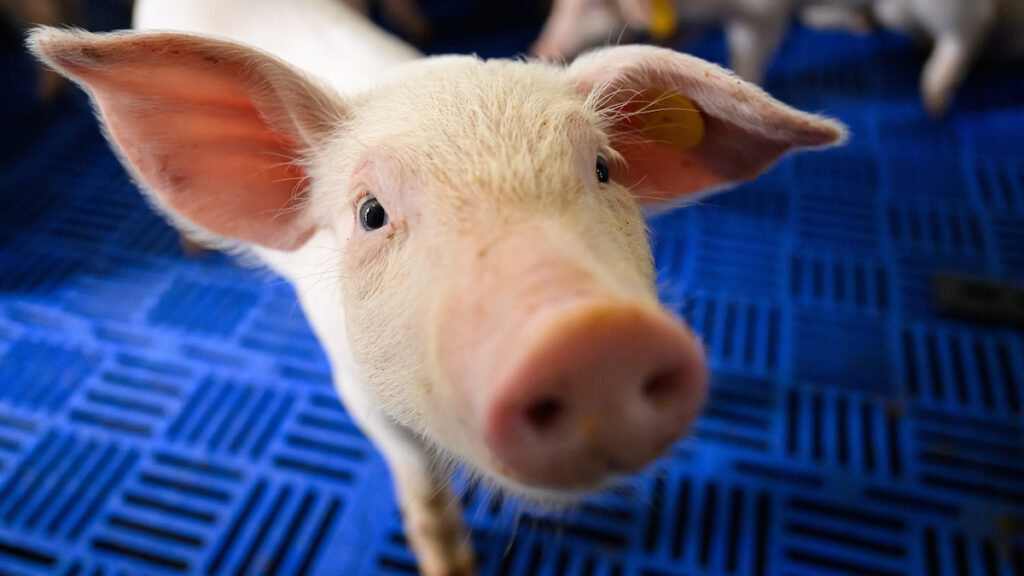
Supported by a USDA grant, NC State College of Veterinary Medicine researchers are studying the role unclean vehicles might have in transmitting a deadly swine coronavirus and recommending the best sanitization methods to keep this virus, and others with more devastating effects, from spreading. “We’re impacting the whole health of the herd,” one researcher says.
BLACK BEARS
How a new genetic database can help law enforcement officers
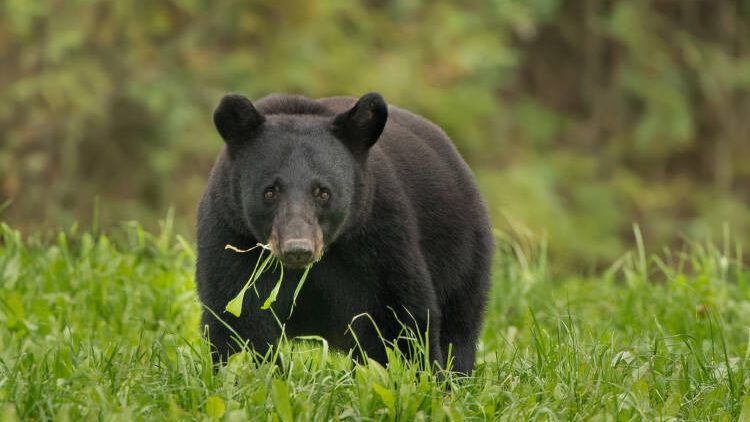
Researchers from the College of Veterinary Medicine and the NC State College of Natural Resources created the first genetic database of North Carolina’s black bears, a tool that can be used to help law enforcement and North Carolina Wildlife Resources Commission officials identify bears poached by hunters or involved in human-bear interactions reported to the state. They also discovered genetic differences between regional black bear populations. The College of Veterinary Medicine funded the project, which has a DVM student as its first author and features researchers from all three of the college’s departments.
TALKING TURKEY
How developing a probiotic oral vaccine could save flocks
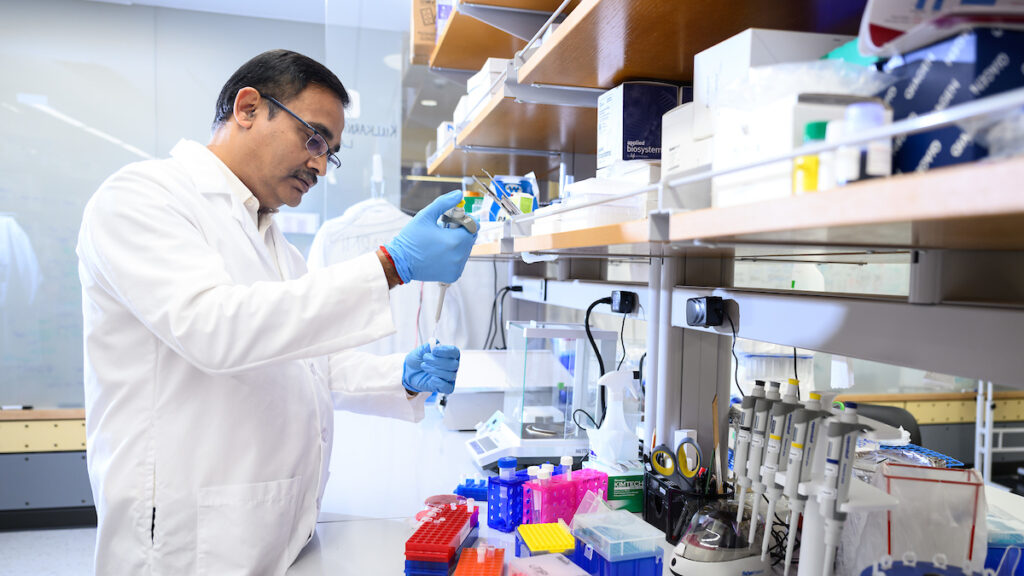
Clostridial dermatitis, or CD, causes severe skin lesions in turkeys and is often fatal. Controlling it has proven challenging as the bacteria behind the illness develop antimicrobial resistance in response to antibiotic overuse, and there is no known effective non-antibiotic method to prevent it. Supported by a U.S. Department of Agriculture grant, researchers at the CVM and NC State College of Agriculture and Life Sciences have teamed up to develop a probiotic oral vaccine for CD that can be easily given to large turkey populations and provide long-term immunity against the disease.
TRACKING TURTLES
How to determine lifespan after release
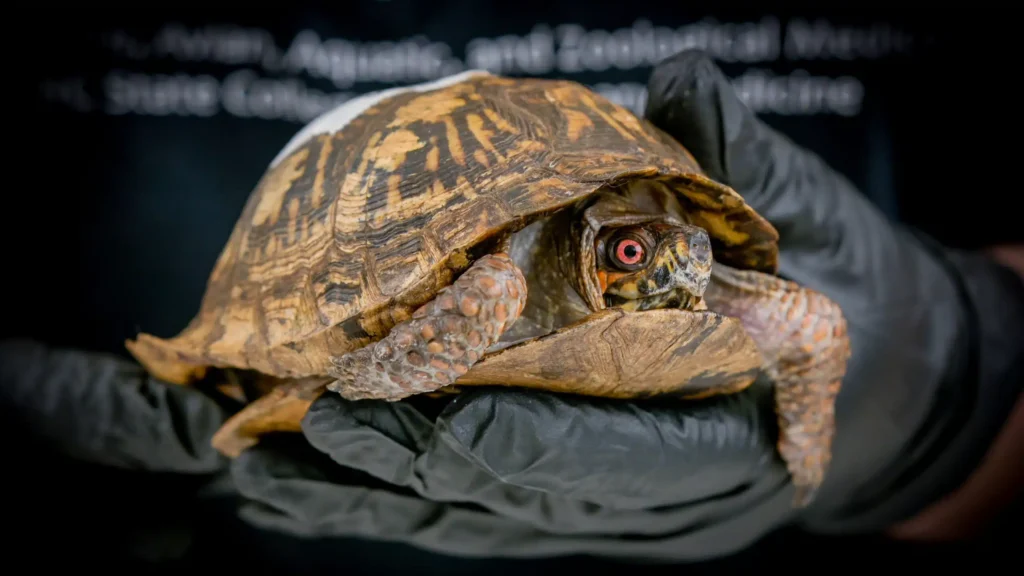
When a wild turtle recovers from an accident and is released back into the wild, what happens next? A study from NC State revealed that finding those answers can often be just as challenging as saving the turtle itself. While the study was small, the researchers did make some interesting observations. The turtles that were located moved an average of 100 yards between each observation. The exception was a turtle that was released well outside of his home range, who moved 750 yards over the course of the observation period.


